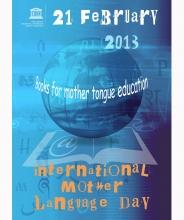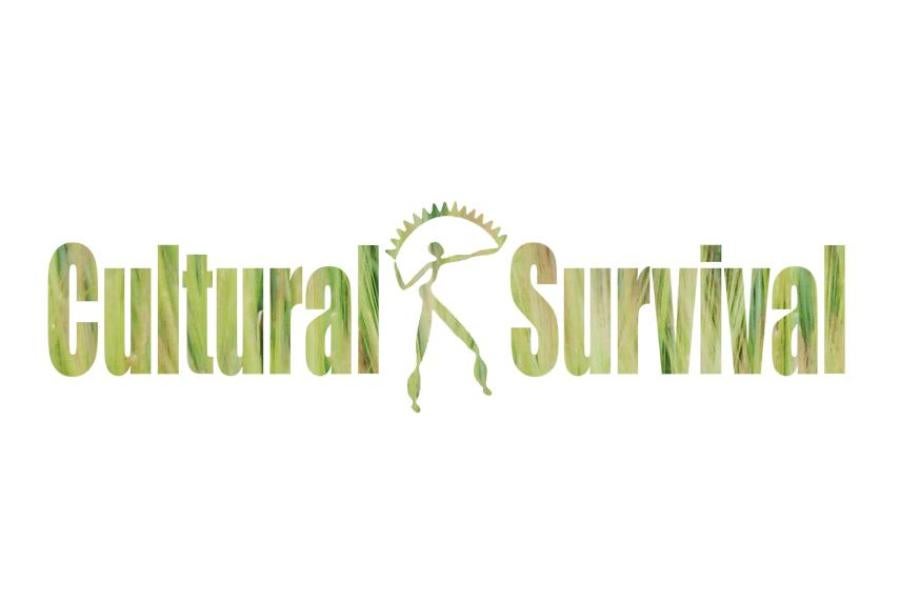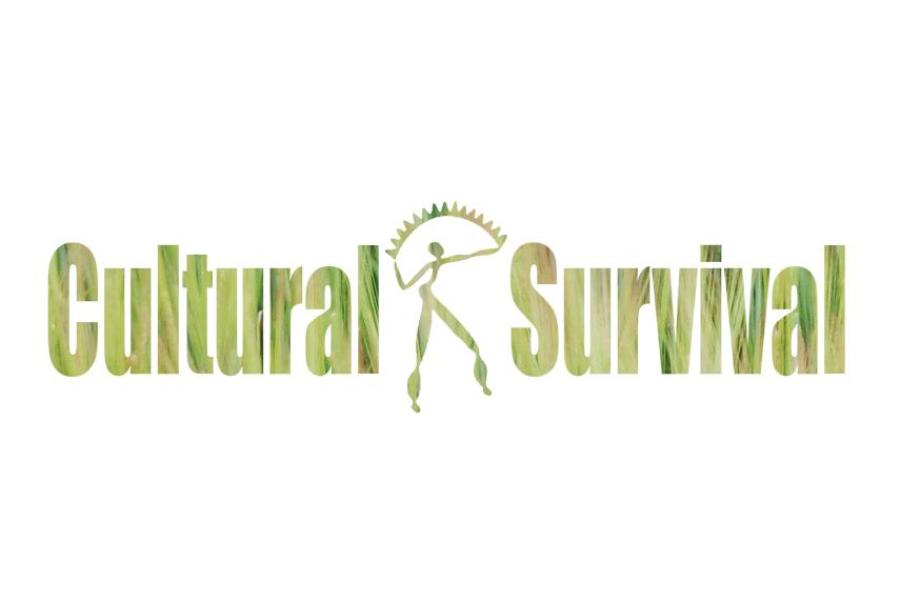
Today, February 21, is International Mother Language Day, first proclaimed in 1952 as "Language Movement Day" by Dhaka University students in Bangladesh (formerly East Pakistan) who were protesting suppression of their Bengali language. Police and military forces opened fire, killing many young people in attendance.
Dhaka University students today mark the 60th anniversary of their fellow students' sacrifice of their lives for their mother tongue, and millions of citizens will leave flowers at the Language Martyr's Monument (Shahid Minar).
Since 2007 Cultural Survival's Endangered Languages Program has built national collaborations and networks in the United States, with hundreds of tribal language preservation and revitalization programs, to educate the U.S. Congress annually (2007-2011) about the critical importance of federal language funding via the Esther Martinez Initiative and the Native American Languages Acts of 1990 and 1992. Guided by the expert advice of Indigenous linguists, speakers & learners from the Alutiiq, Euchee, Northern Arapaho, Sac and Fox, and Wampanoag communities we have helped local language immersion programs raise over $1 million to support master apprentice projects, youth and family camps, and to pay for language teacher salaries and classroom supplies.
In 2013, Cultural Survival continues to support and promote locally based, tribally controlled language revitalization efforts aimed at training new generations of fluent speakers, and to continue to raise the profile of the international language endangerment crisis facing the world's 7,000 mother tongues-the majority of them Indigenous-we have formed new international partnerships aimed at bringing rich perspectives on language loss and revitalization to a global audience through an international radio series currently in production.
On this International Mother Language Day we hope you will stand with Cultural Survival in strengthening our support for these and forthcoming efforts to promote and contribute to the local revitalization of the world's knowledge base--our mother tongues.
6 things you can do on International Mother Language Day.
6. Make a gift today to support the work of Cultural Survival.






